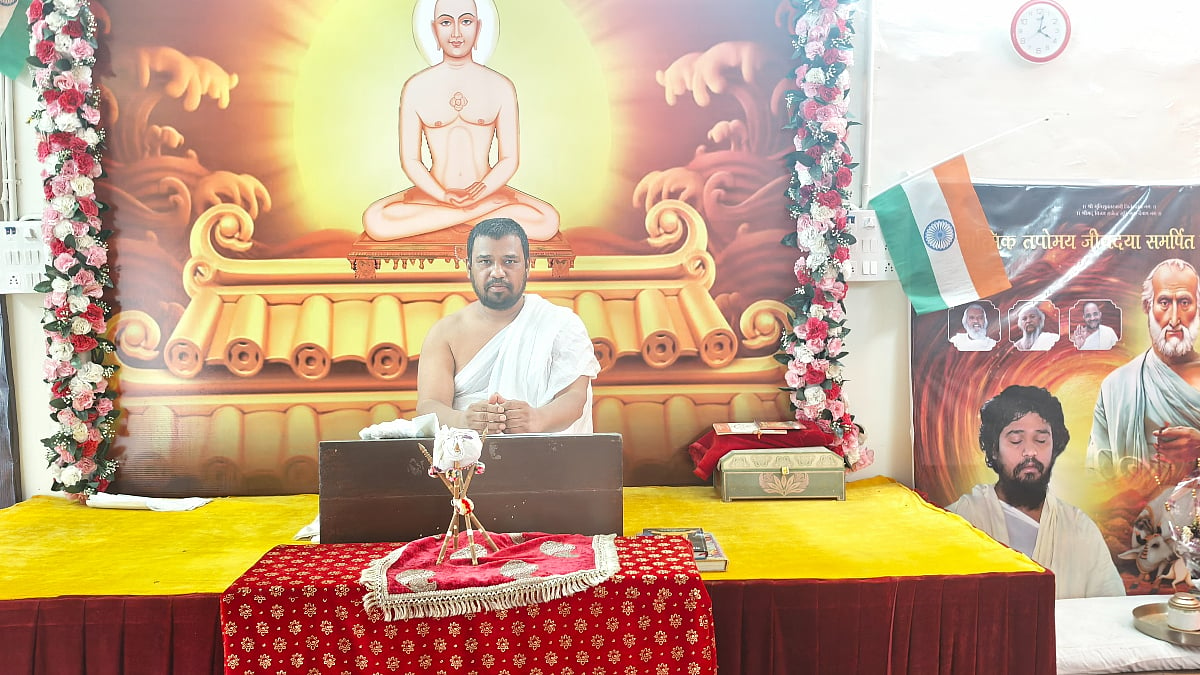The Central Railway has introduced Static Water Load Testing Units at the coaching depots of Lokmanya Tilak Terminus (LTT) and Wadi Bunder, setting a new standard in efficiency for LHB power car testing. This revolutionary solution, a first of its kind over Central Railway, addresses longstanding challenges associated with post-maintenance load testing.
"The power car, a crucial component supplying electricity to various train amenities, undergoes capacity and voltage checks post-repair. Traditionally, this process involved time-consuming shunting of train rakes, leading to operational delays and limited space availability at LTT and Wadi Bunder depots. The Mumbai Division of Central Railway ingeniously tackled this challenge with the introduction of Static Water Load Testing Units" said an official of CR.
"Unlike the conventional method, these units allow direct attachment of power cars to the rake for immediate service after load testing. The advantages are manifold: increased readiness and reliability of power cars, reduced manpower for shunting, elimination of unnecessary movement of rakes, and optimization of line capacity." he said.
The benefits extend to significant reductions in operational time for the Chief Yard Master, as shunting for load testing becomes obsolete. Furthermore, the units boast remote operational capabilities, mobility with forklifts, minimal water requirements, and reliance on a 415 volt three Phase supply for efficient induction motor operation.
"This pioneering solution reflects Central Railway's dedication to setting new benchmarks in railway technology and infrastructure, ensuring a seamless travel experience for passengers while optimizing operational processes for enhanced efficiency" said Dr Shivraj Manaspure chief public relations officer of CR.
"The cost-effective development of each unit at Rs 9.5 lakh showcases Central Railway's commitment to technological advancement and operational efficiency. With a total investment of ₹38 lakh for four operational units across Wadi Bunder and LTT coaching depot sick lines, the initiative aligns with the Railways' dedication to innovation and reliability in service delivery" he said.
Under the guidance of key figures such as Principal Chief Mechanical Engineer Sunil Kumar, Divisional Railway Manager Rajnish Kumar Goyal, the implementation of Static Water Load Testing Units underscores Central Railway's commitment to setting new benchmarks in railway technology and infrastructure.
Key advantage
- Increased Readiness and Reliability: Ensures power cars are ready for service immediately after load testing.
- Manpower Reduction: Decreases the need for manpower in shunting activities, optimising workforce allocation.
- Operational Time Reduction: Drastically reduces operational time for Chief Yard Master due to the elimination of shunting for load testing.
- Fuel and Resource Savings: Minimises Diesel Loco utilisation for load testing, saving costs.
- Yard Congestion Mitigation: Reduces yard congestion, optimising line capacity.
Salient Features of Static Water Load Testing Units
Full Load Testing: Capable of conducting full load testing of 750KV, 500 KVA DG sets.
Remote Operation: Allows remote operational capabilities, enhancing flexibility.
Mobility: Easily movable with forklifts, enabling deployment anywhere as needed.
Water Efficiency: Requires minimal water for top-up, ensuring resource efficiency.









